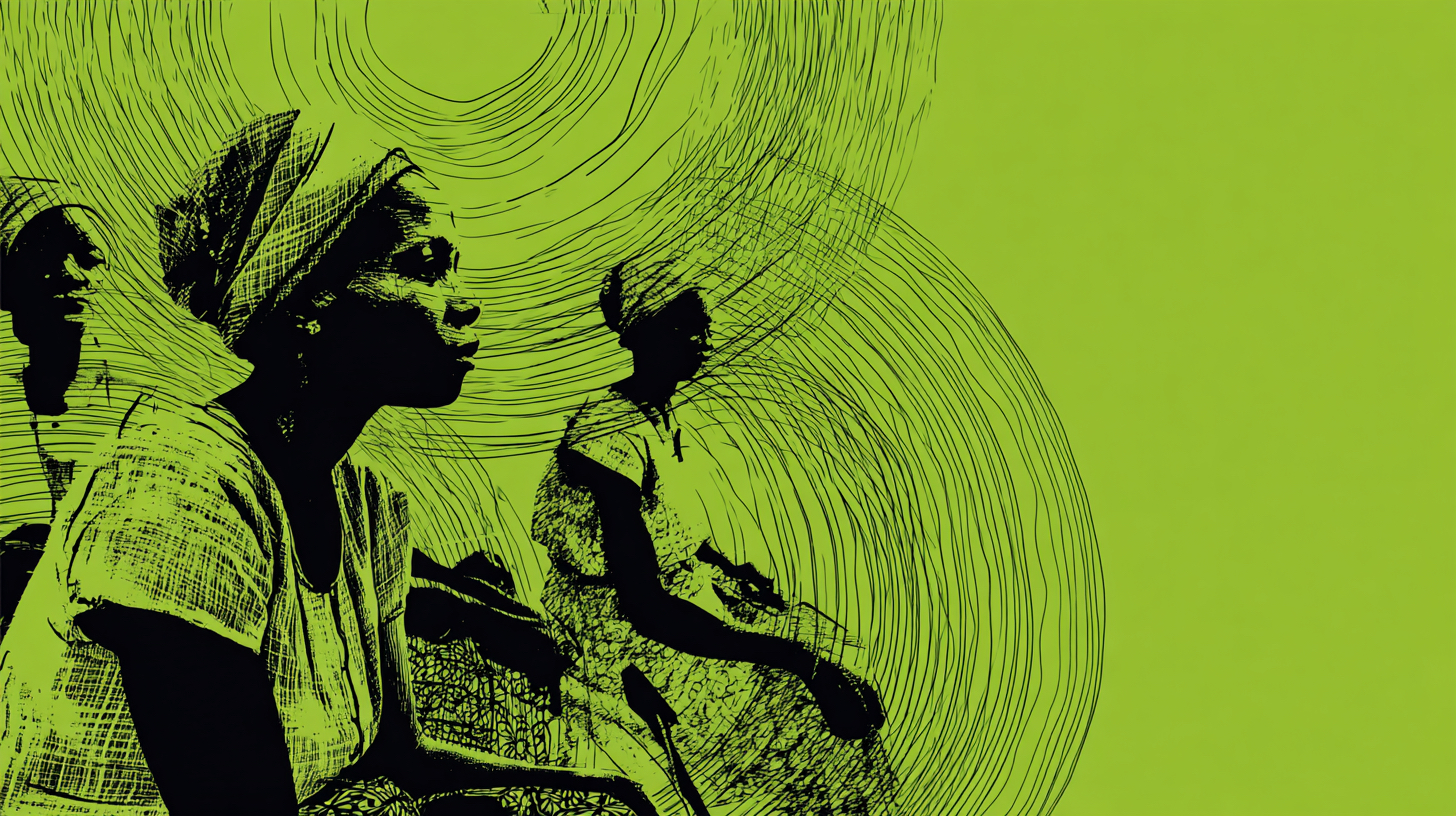workforce development
-
Comparative analysis of malaria workforce development models
The stagnation in global malaria mortality reduction calls for a re-evaluation of the malaria workforce development models currently deployed in high-burden countries. While biological challenges such as insecticide resistance and parasite mutations are well-documented, a critical bottleneck remains the capacity of the human workforce to implement technical strategies with precision. The transition from control to…
Written by

-
How the Lancet Countdown illuminates a new path to climate-resilient health systems
The 2025 Lancet Countdown report has begun to acknowledge a critical, often-overlooked source of intelligence to build climate-resilient health systems: the health worker. By including testimonials from health workers alongside formal quantitative evidence, the Lancet cracks open a door, hinting at a world beyond globally standardized datasets. This is a necessary first step. However, the report’s…
Written by

-
The agentic AI revolution: what does it mean for workforce development?
Imagine hiring an assistant who never sleeps, never forgets, can work on a thousand tasks simultaneously, and communicates with you in your own language. Now imagine having not just one such assistant, but an entire team of them, each specialized in different areas, all coordinating seamlessly to achieve your goals. This is the “agentic AI…
Written by

-
Learn health, but beware of the behaviorist trap
The global health community has long grappled with the challenge of providing effective, scalable training to health workers, particularly in resource-constrained settings. In recent years, digital learning platforms have emerged as a potential solution, promising to deliver accessible, engaging, and impactful training at scale. Imagine a digital platform intended to train health workers at scale.…
Written by

-
Learning-based complex work: how to reframe learning and development
The following is excerpted from Watkins, K.E. and Marsick, V.J., 2023. Chapter 4. Learning informally at work: Reframing learning and development. In Rethinking Workplace Learning and Development. Edward Elgar Publishing. This chapter’s final example illustrates the way in which organically arising IIL (informal and incidental learning) is paired with opportunities to build knowledge through a…
Written by
